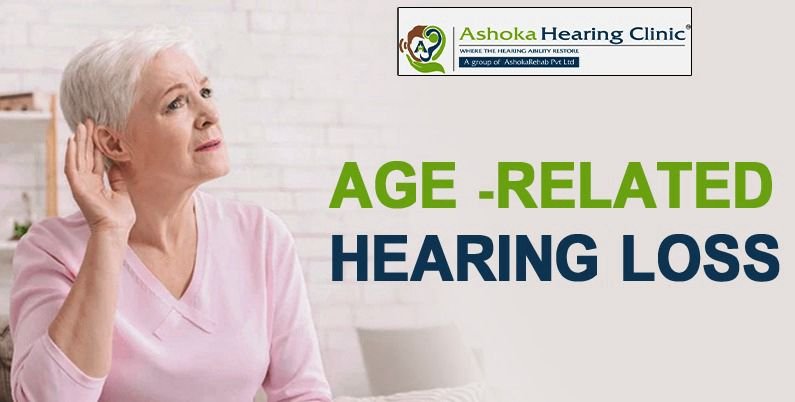
Hearing is an integral part of our daily lives, yet many of us take it for granted. As we age, changes in our hearing ability are common. This condition, known as age-related hearing loss or presbycusis, affects millions of people worldwide. Let’s delve into what it is, its causes, symptoms, treatment options, and prevention tips.
Age-related hearing loss is the gradual loss of hearing that occurs in most people as they grow older. It typically affects both ears equally and progresses slowly over time, making it harder to notice in its early stages. While it is a natural part of aging, addressing it promptly can greatly improve quality of life.
Age-related hearing loss is influenced by a combination of factors that affect the inner ear, auditory nerve, and overall hearing mechanism. Here’s a more detailed breakdown of the causes:
6. Lifestyle Factors
Recognizing the symptoms early can lead to better management:
While presbycusis is not reversible, several treatment options can help manage it effectively:
While aging is inevitable, taking proactive steps can reduce the risk of hearing loss or slow its progression. Here are some practical strategies:
By integrating these habits into your daily routine, you can minimize the impact of age-related hearing loss and enjoy better hearing health for years to come.
Age-related hearing loss doesn’t have to limit your quality of life. With early intervention and the right support, it’s possible to continue enjoying the sounds of the world around you. At Ashoka Hearing Clinic, we’re committed to helping you hear better and live better. If you or a loved one is experiencing signs of hearing loss, schedule a consultation with our experts today.
👂 Your hearing matters. Let’s take care of it together!
Experience superior hearing care with Ashoka Hearing Clinic, where personalized solutions meet advanced technology for optimal auditory health.